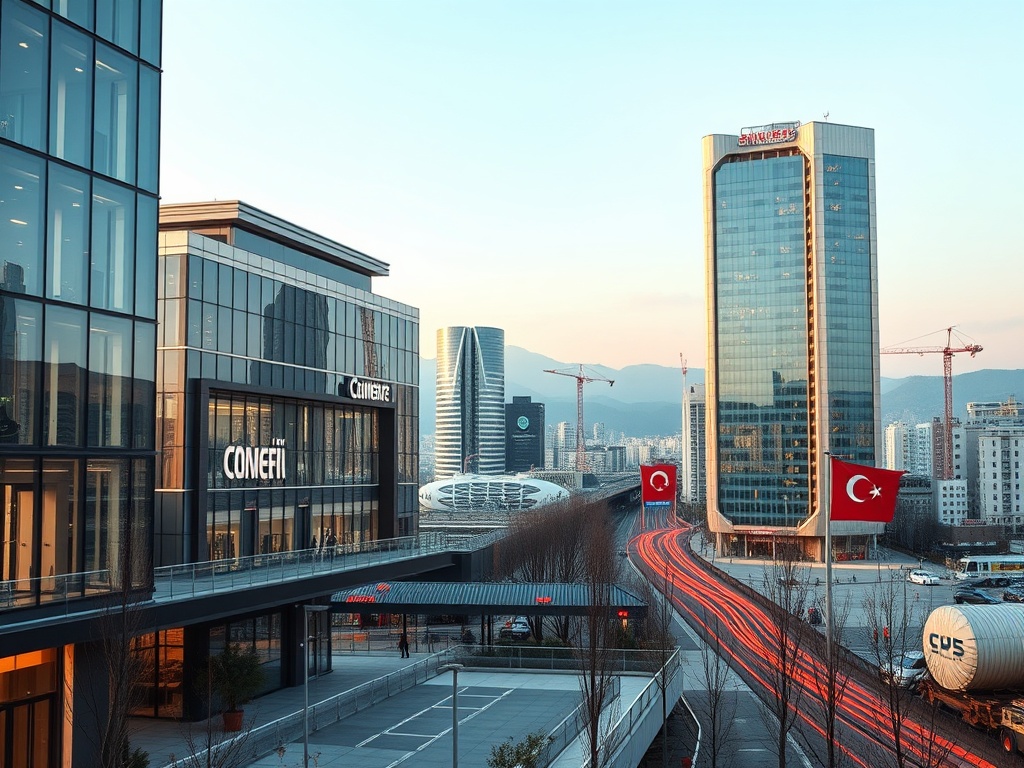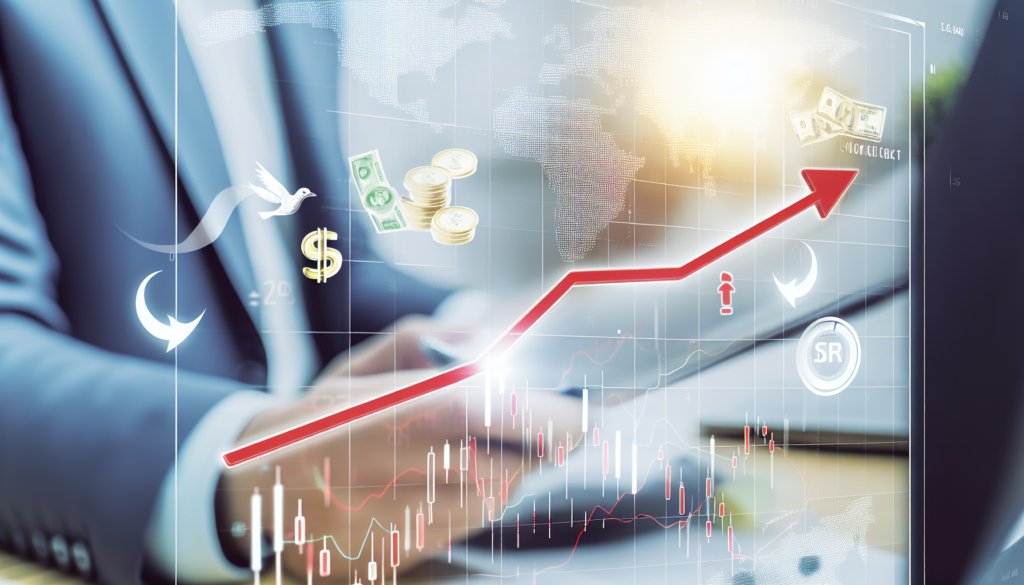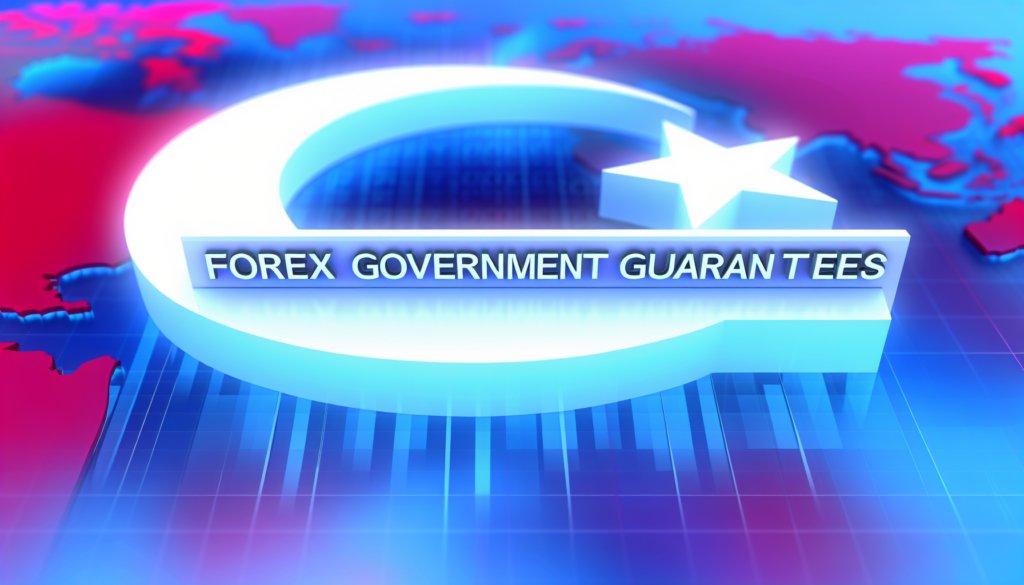Answers to the most frequently asked questions about recession: What is a recession? What happens during a recession?

The tariffs President Trump has declared as an “economic independence declaration” are seen as ushering in a new era in global trade, raising concerns about increasing inflationary pressures in the US economy and slowing down economic growth. So, what is a recession? What happens during a recession? A recession refers to a contraction in a country’s economic activities. Technically, a recession is defined as two consecutive quarters of contraction in Gross Domestic Product (GDP). Continuous economic contraction and the loss of vitality of other economic activities in an economy over a long period are considered as a depression.
Recessions can manifest in various ways. Global financial crises, political uncertainties, natural disasters, weakening economic activity are all factors that can pave the way for a recession. Additionally, decisions made by central banks and a country’s monetary policies can trigger a recession. Tightening methods such as keeping monetary policy tight for longer than necessary or reducing the money supply can lead to negative growth in the economy over time.
As economic activity slows down during a recession, the unemployment rate due to contraction can rise, leading consumers to cut back on spending, causing a decrease in demand, imports, exports, trade volume, lack of investment, and a decline in production. A recession signifies a temporary shrinkage in economic activities. Prolonged effective recessions can exacerbate economic difficulties, leading to social problems. Governments and central banks take policy measures to heat up the economy, encourage it, and support recovery from the recession. These measures may include lowering interest rates, providing fiscal stimuli, and increasing public spending.

























































































































































































































































































































































































































































































































































































































































































































































































































































































































































































































































































































































































































































































































































































































































































































































































































































































































































































































































































































































































































































































































































































































































































































































































































































































































































































































































































































































